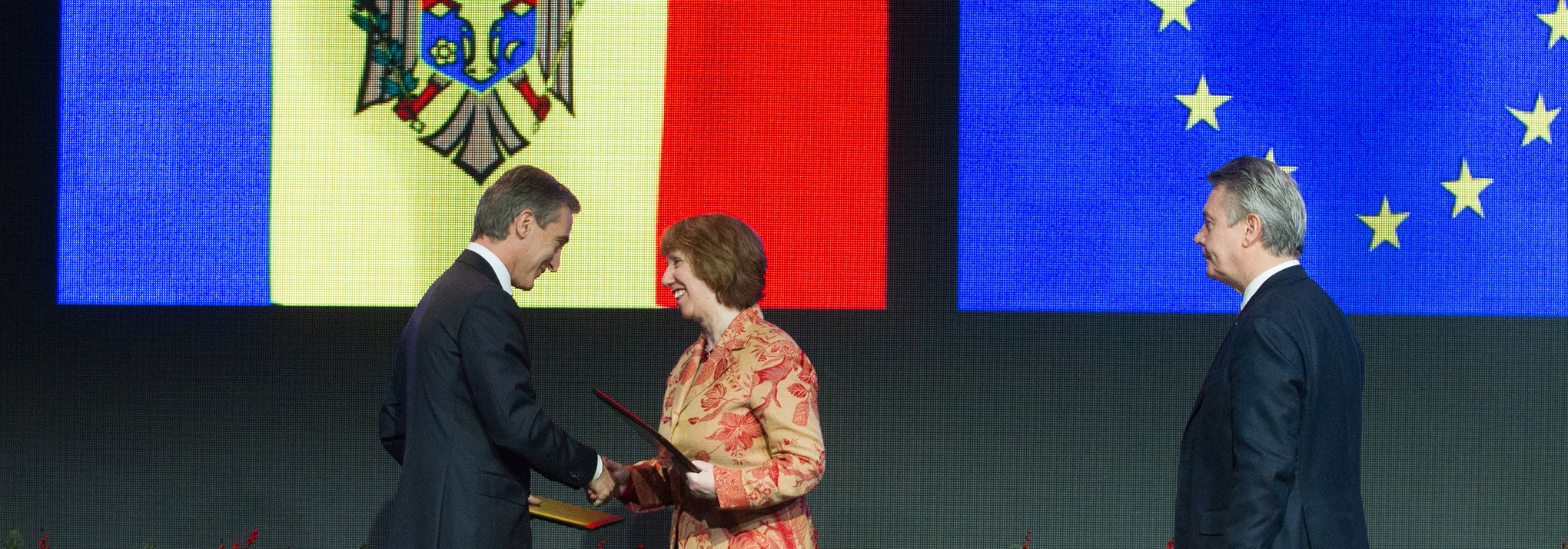The European Neighborhood program is about sharing Romania’s experience and know-how in EU/NATO-related reforms with other EU and NATO partners and aspiring partners. Through this program we want to strengthen international cooperation aimed on development and stability: minority rights, ethnic reconciliation, security sector reform, judiciary system reform, child protection and education, etc.
In order to accomplish our goals related to European Neighborhood program we dedicated our focus on relevant projects such as Kosovo Calling – an international conference regarding future relations between Kosovo and EU with the purpose of understanding on how non-recognisers can support its European path despite their position on statehood. Together with Bosnia and Herzegovina, Cyprus, Greece, Slovakia, Spain and Serbia we explored our positions towards Kosovo and we highlighted ways of positive engagement.
The new relationship between Romania and Kosovo is based on academic cooperation and bussiness opportunities. Furthermore, Romania hosted the visit of a delegation of MPs, journalists and artists from Kosovo and our team organized a public debate about an European future for the Balkans to encourage building academic bridges between us despite non-recognition. Additionally, to promote economical cooperation and business opportunities in a nation-building with a post-conflict reconstruction context, we organized the visit of a Romanian business delegation in Kosovo. The project Connecting with Europe has contributed in a major way to mutual knowledge and understanding of social, political realities and business opportunities between Romanian and Kosovar business sectors, where very little prior awareness existed.
Another major project relevant to our program is Forum Global Security – GLOBSEC 2013. The 8th edition of the international conference had 500 key stakeholders from both sides of the Atlantic. Global Focus was the only Romanian think-tank among organizers and together with Central European Policy Institute (CEPI) we held a roundtable-event in Bratislava: the first international reunion between Serbia and Kosovo at the highest level after a more than a decade of no dialogue. Moreover, in the same day Serbia and Kosovo signed the historical agreement of normalization in Bruxelles. Under the impact of economic crisis and the increased European core around Germany, the new European member states tried to speak with one voice in order to promote their interests and to raise their bargaining power. Serbia understood that its European future is non-existent if the Kosovo issue is not resolved. Romania has the duty to assume its natural regional contructive role.





